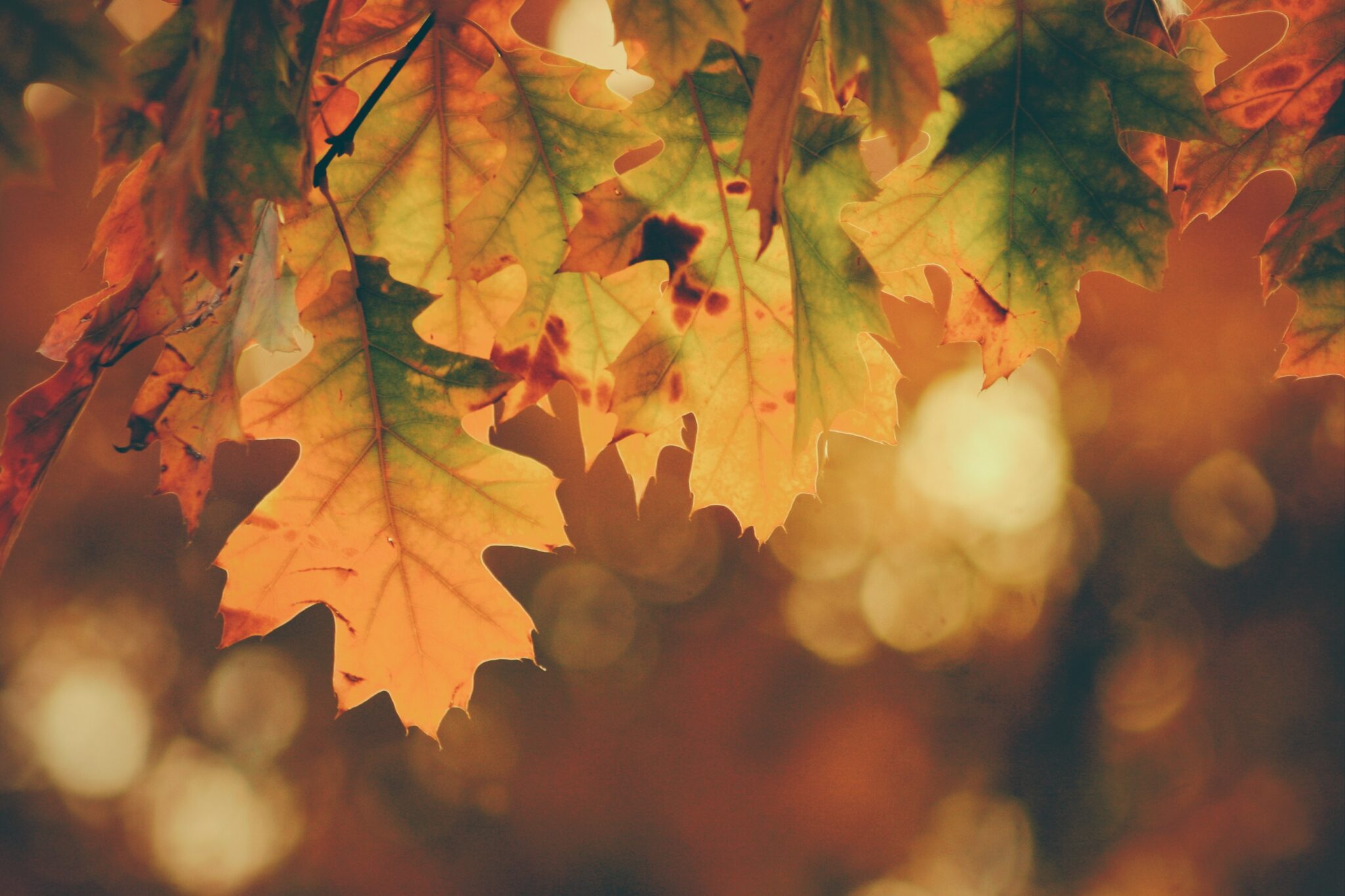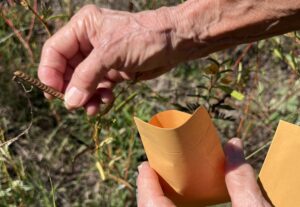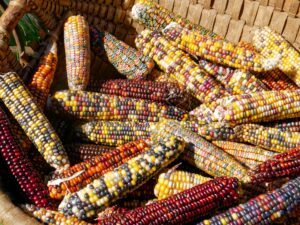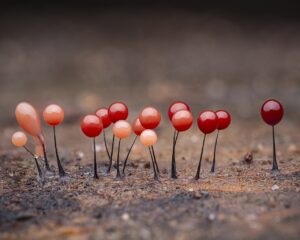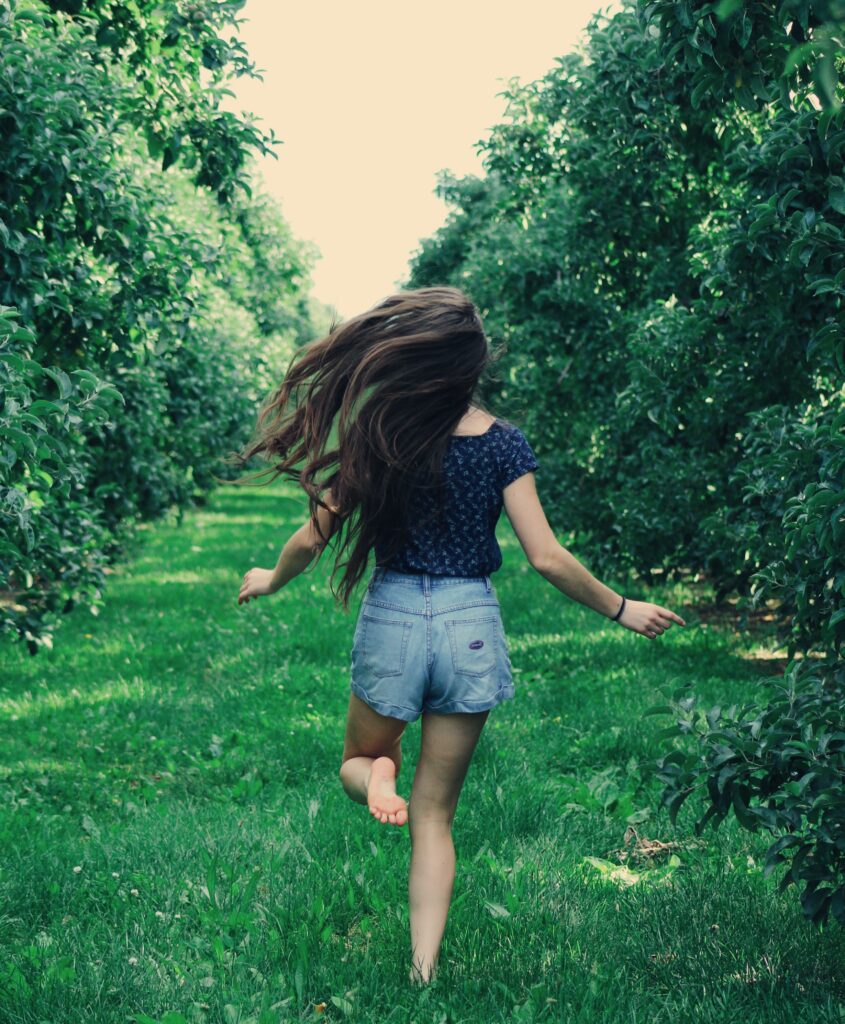
Think back to your own childhood: How much time did you spend outside? The answer likely varies widely among people depending on where they grew up, their family lifestyle, and their personal inclinations. Now think about how much time the children you know and love spent outside. No matter how much or how little time you enjoyed in nature, it’s likely the kids of today are outside much, much less.
The entire structure of childhood has changed for reasons that range from increased emphasis on academics over playtime in elementary school to concern over allowing kids to play alone. The pandemic didn’t help. In-person activities were canceled, parks were closed, and families stayed home. The result is an entire generation suffering from what some scholars call “nature deficit disorder.”
Education experts at the Garden have been working in partnership with the Fort Worth Garden Club since 2018 to remedy this deficit for as many area girls as possible through the Girls’ Nature Workshop series. “This series is designed to build appreciation of nature, with a particular emphasis on horticulture and floriculture (the cultivation of flowers),” said Anna SoRelle, FWBG innovative learning manager for special programs. “The workshops teach students how people and cultures use plants by completing fun, creative projects.”
Several workshops are offered throughout the school year. Two upcoming workshops are “Tree Treasures” and “Holiday for the Birds.”
At “Tree Treasures” on Nov. 12, girls will discover the hidden treasures of trees by exploring leaves, bark and branches. They will explore the science of dendrochronology–using the characteristic patterns of annual growth rings in tree trunks to mark the passage of time–and make beautiful art prints with leaves.
At “Holiday for the Birds” on Dec.3, participants will learn fun facts about our feathered friends while creating eco-friendly bird treats and keeping warm with their own treats of cocoa and cider.
“A goal of the program is to build skills and confidence in working with natural materials among girls,” said SoRelle. It’s one step in combating nature deficit disorder and cultivating a love of the natural world among today’s young women.

